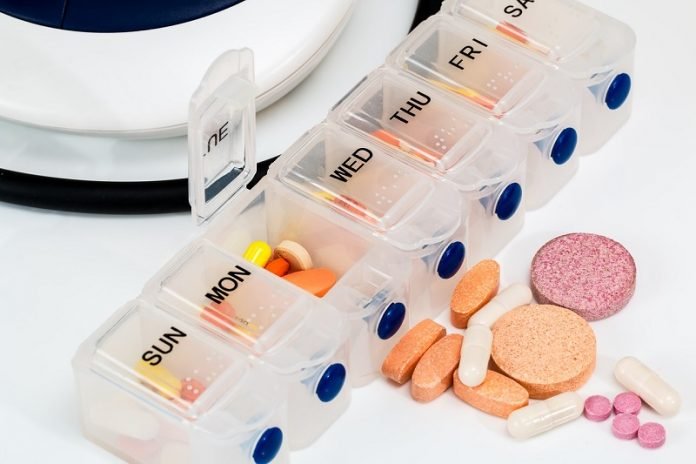
Research has shown that irregular heartbeat problems, such as Atrial fibrillation (Afib), may lead to blood clots, stroke, heart failure, and other heart health issues.
People with these conditions need to take blood thinner drugs, such as Coumadin, also known as warfarin, which was approved by the FDA in 1954.
Recently, new blood thinners have been introduced to treat Afib, including Xarelto (rivaroxaban) and Eliquis (apixaban).
This makes many patients wonder if the newer blood thinners are better than the old ones.
According to Geoffrey Barnes, M.D., M.Sc., University of Michigan Frankel Cardiovascular Center cardiologist, this is not always the case.
He suggests that choosing between medications such as Coumadin, Xarelto or Eliquis often depends on the patient’s needs and preferences.
Here he provides some important information about how to choose the right blood thinner drugs.
All blood thinners can slow the formation of blood clots. This can prevent valve obstruction and blood clots that travel to the brain and lead to stroke.
But it is important to know that each drug has advantages and disadvantages.
First, the old and new drugs have different requirements in dosage and monitoring.
The right dose of Coumadin varies by patient and can depend on the patient’s diet, age and other medications in use.
Too much of Coumadin can increase bleeding, and too little might not reduce the risk of stroke.
Therefore, it is important to check blood levels regularly.
If taking Xarelto/Eliquis, patients don’t need to do frequent blood tests, but they need to do a periodic check of kidney function.
In addition, Coumadin stays in your system longer than Xarelto or Eliquis, so it is not a big problem if a patient misses a day or two.
But if a patient forgets to take their daily Xarelto/Eliquis, there could be serious complications.
Second, different types of drugs have different Interactions with food and other meds
Coumadin may have easy interactions with food and other medications.
People who use the drug need to watch their intake of vitamin K, which can be found in foods such as spinach, kale, and chard.
Research has shown that too much vitamin K in the blood can lessen Coumadin’s effectiveness.
And quickly cutting back on vitamin K may increase the risk for bleeding complications.
Xarelto/Eliquis is not cleared by the liver, and thus patients don’t need to worry about the interactions with food and other meds.
However, the drugs are cleared by the kidneys and can lead to complications in people with kidney issues.
Third, different drugs’ effects have different reversibility.
Coumadin is considered completely reversible if patients have life-threatening or uncontrolled bleeding.
For example, an infusion of anti-clotting factors can reverse the effects of Coumadin.
Xarelto/Eliquis are less likely than Coumadin to cause severe bleeding.
If a patient needs to do it, doctors can use Andexxa, recently approved by the FDA, to immediately reverses the effects of these blood thinners.
The problem is that Andexxa is not readily available at all hospitals.
Fourth, the costs of drugs are different.
Coumadin is considerably less expensive than the newer brands, it requires regular blood tests, which can increase the cost.
Xarelto/Eliquis do not require routine lab monitoring as with Coumadin, but they are much more expensive. Patients may pay higher medication copays, depending on insurance coverage.
The researcher suggests patients should speak to their doctor to find out which medication is best for them.
Copyright © 2019 Knowridge Science Report. All rights reserved.



